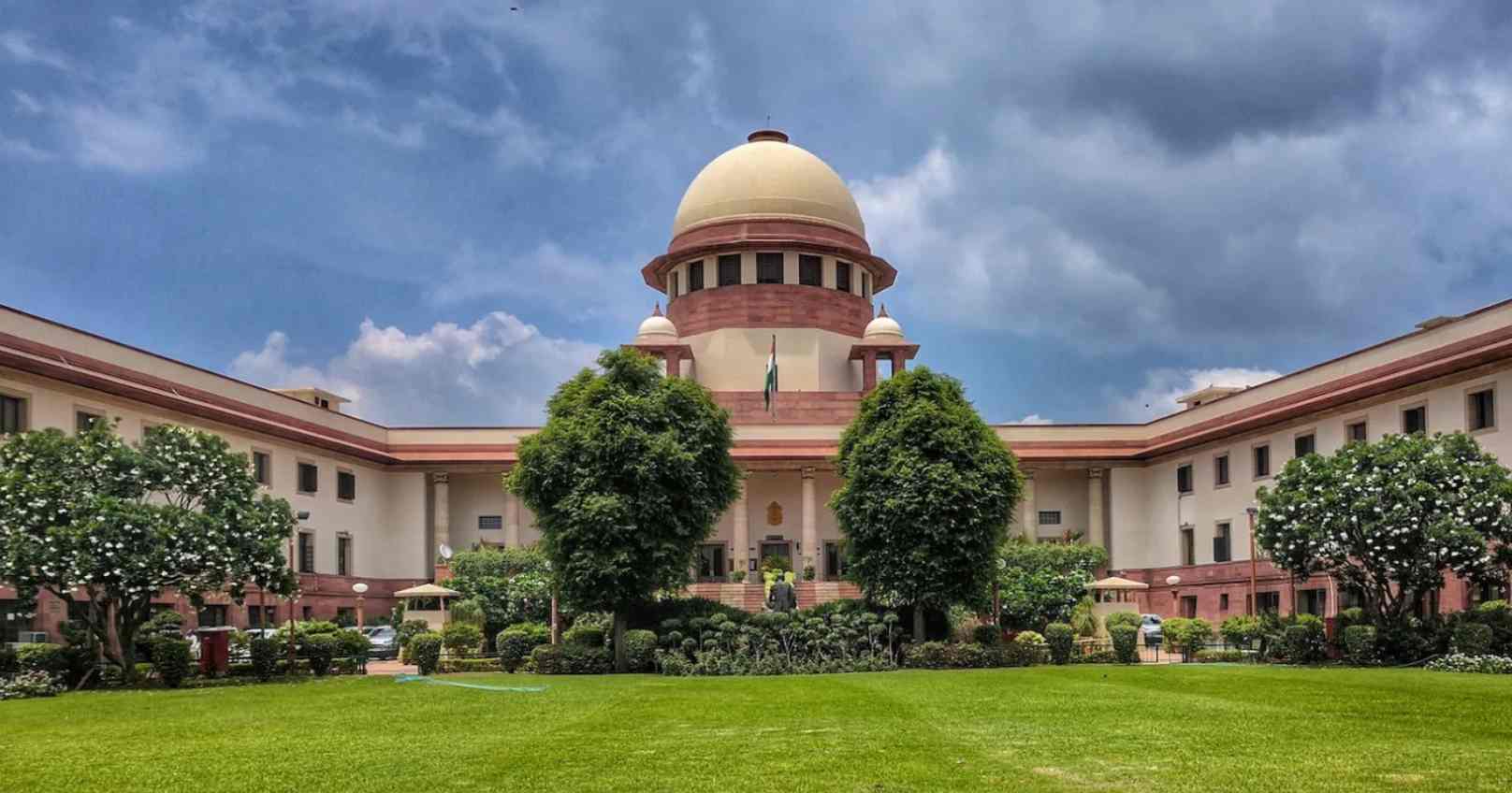Delhi Court Upholds Privacy in Alleged Affair Case Involving Two Army Officers
A Delhi court has ruled against releasing hotel CCTV footage in a case involving two Army Majors, citing privacy rights and due process
24-05-2025A Delhi court has refused to order the release of CCTV footage from a hotel in a case involving allegations of an extramarital relationship between two Army Majors, citing the fundamental right to privacy.
The plea was filed by a serving Major in the Indian Army, who claimed his wife was romantically involved with another officer. However, Civil Judge Vaibhav Pratap Singh held that both individuals were entitled to privacy during their hotel stay, including in common areas, and their personal data could not be disclosed to someone who was not present or legally entitled to such information.
As reported by LiveLaw, the court emphasized that hotels have a responsibility to uphold guest confidentiality, stating, “The right to privacy and to be left undisturbed in a hotel setting applies even to publicly accessible areas, especially when sought by a third party with no direct involvement. This also extends to reservation records.”
Judge Singh also noted that neither the wife nor the other officer had been made parties to the suit, despite being central to the allegations. Releasing the footage or details without allowing them a chance to respond would violate principles of natural justice and could harm their reputations, the court said.
The judge further observed that civil courts are not meant to function as investigative bodies for personal grievances or as a means to gather evidence for internal proceedings. He advised the complainant to pursue remedies available under the Army Act, 1950 and related rules, instead of seeking judicial intervention to bypass military processes.
In a literary reference, Judge Singh cited Graham Greene’s The End of the Affair, noting that the onus of loyalty lies with the spouse, not with an outsider. "The one who broke the vow bears responsibility, not the third party who was never bound by that promise," he remarked.
He also referred to the 2018 Supreme Court ruling in Joseph Shine vs Union of India, which decriminalised adultery. The court had firmly rejected the idea that a woman’s affection could be "stolen" by another man, an outdated notion that treats women as property without agency.
Highlighting that the Parliament too had removed adultery as a punishable offence under the new Bharatiya Nyaya Sanhita, the judge concluded that such patriarchal attitudes have no place in contemporary India.


A PIL by Sanvedana Foundation challenges the IRDAI’s 2020 circular allowing insurers to exclude ep
Read More
Chief Justice BR Gavai has pushed back against criticism of the judiciary over case backlogs, saying
Read More
The Delhi High Court has upheld the Centre's right to cancel Celebi Airport Services India’s secur
Read More